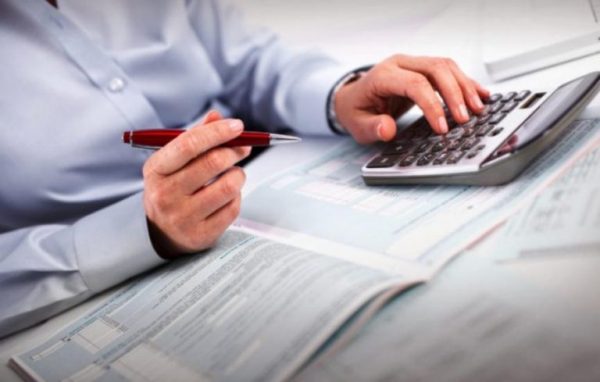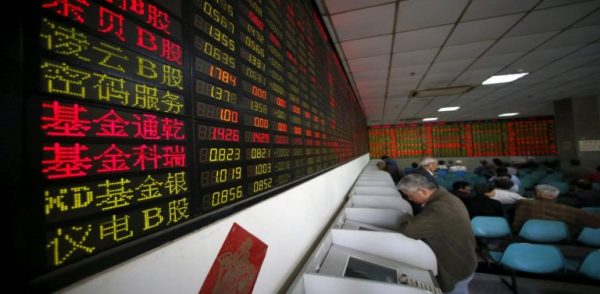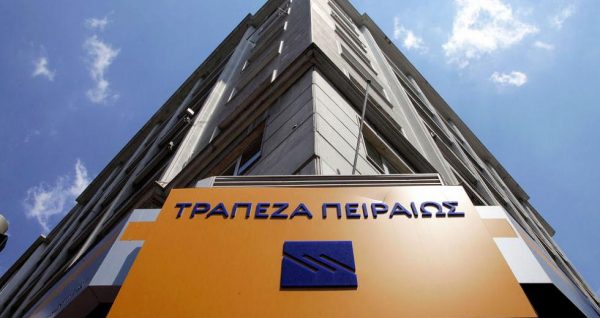
The head of the European Stability Mechanism, Klaus Regling, characterized achievable the goals for the growth of the Greek economy.
He pointed out that the targets for a growth rate of 3.5% this year and 6% in 2022 are achievable and are the basic scenario of the ESM, talking about the Greek economy at the Economist conference.
The head of the ESM added that the risks still remain, as the new coronavirus mutation could have a negative impact on tourism, for example.
In any case, he noted, we should take efforts to strengthen the growth potential of the Greek economy. He, then, noted that more targeted measures are needed, focusing on supporting employment and business investment.
The Greek economy, he said, was much more resilient at the start of the pandemic, as, the last decade, Greece proceeded to a comprehensive and painful but necessary adjustment, which restored its competitiveness and market access, eliminated the budget and current account deficit and brought about healthy growth.
Mr. Regling said that Greece had the opportunity to support the economy with measures throughout the pandemic, but noted that these measures costed more than 15% of GDP in 2020-21.
Recovery Fund
Mr. Regling said Greece would benefit from the 31 billion euros available from the Recovery Fund, while congratulating Mr. Staikouras and the government on their recovery plan. At this point, he added that we should keep in mind some important long-term constraints on growth prospects, such as the management of public enterprises, the ability of the banking sector to lend to the economy, the level of non-wage costs and the rigidities in labor market. Not all of these reforms, he continued, are included in the recovery plan.
On top of that, he stated that there are some issues we should face on the implementation of the plan, as there are some risks due to weaknesses of the administration.
Mr. Regling also said that we need to keep in mind debt sustainability. Low interest rates, he said, are now easing concerns, but they could rise once the European Central Bank completes its program. This, he stressed, does not mean that we are moving into a new debt crisis.
However, the measures we take to deal with the pandemic have significantly increased the debt and, once the recovery is stabilized, Greece will have to follow a credible fiscal path. “If this is combined with the commitment to reforms that boost growth potential, Greek debt can remain sustainable,” he concluded.
Latest News

FT: Greece’s Economic Rebound a Balance of Growth and Poverty
Eurostat data revealed a significant 10.8% drop in Greek public debt relative to GDP in 2023, alongside a 2% economic expansion, outpacing Germany's performance.

Lavrio Port Authority Next Up for Privatization
A deadline for the submission of expressions of interest is May 14, 2024

Eurostat: Greece Records Largest Drop in Natural Gas Prices in 2nd Half of 2023
The price of electricity and natural gas in Europe was down following a substantial surge that began before the Russian invasion of Ukraine and peaked in 2022

GEK TERNA Still Considers Leveraging Concessions Portfolio as Financial Tool
President and CEO of Gek Terna George Peristeris explained the company's plans on Tuesday on the sidelines of the inauguration of sections of Greece's E65 highway

NielsenIQ: 3% Supermarket Revenue Increase in Q1
Private label products are gaining traction, comprising 25.4% of shopping basket shares, up from 24.7%

Store Hours Change Today in Observation of Orthodox Easter
The President of the Athens Chamber of Commerce hopes the Easter period will provide a much-needed boost to retail traffic in the capital

Athens-area Mass Transit Systems Set to Finally Install Contact-less Fare Payment
Paying fares via bank cards, smartphones and smartwatches in all mass transit systems in the Greek capital, namely, buses, trolleys, the metro and tram lines, is scheduled by the end of the year

Council of State Rejects Motion Against Thessaloniki Motorway Project
The motion was filed earlier this month by three local citizens’ and environmental groups and generated a high court decision for a temporary stay in construction

Greek 30Y Bond Issue Oversubscribed by 11 Times
Very high demand pushed down the coupon's interest rate to 4.125%

Athens Int’l Airport Wins Top Prize at Routes Europe Awards
The Routes business is focused entirely on aviation route development and the company's portfolio includes events, media and online businesses












































 Αριθμός Πιστοποίησης Μ.Η.Τ.232433
Αριθμός Πιστοποίησης Μ.Η.Τ.232433